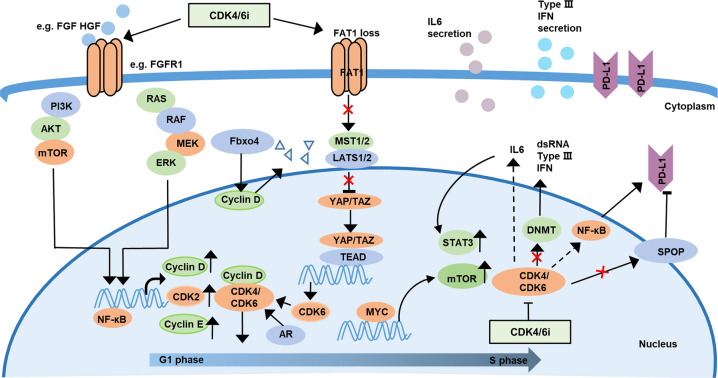Fig. 1. Mechanisms of resistance to CDK4/6 inhibitors.
Upon CDK4/6 inhibition, FGFR1 amplification can drive ERK signaling pathway activation, increasing CDK6, D-type cyclins and cyclin E expression. In addition, the activity of the MAPK signaling pathway or the PI3K/AKT/mTOR pathway is activated or enhanced. The NF-κB pathway can upregulate HGF, which in turn activates the c-Met and TrkA-B pathways. Simultaneously, androgen receptor expression is increased to promote cell cycle progression in palbociclib-resistant breast cancer cells. In CDK4/6 inhibitor-resistant ER+ breast cancer, loss of FAT1 can suppress the Hippo pathway to induce YAP/TAZ nuclear localization, increasing CDK6 expression. Upon inhibition of CDK4/6, MYC overexpression can reprogram tumor metabolism and activate the mTOR pathway. Loss of Foxb4 can increase the accumulation of cyclin D1 in the nucleus, which induces glutamine addiction and promotes tumor progression. In palbociclib-resistant breast cancer cells, the IL-6/STAT3 pathway is activated and promotes SPOP degradation, thereby increasing PD-L1 levels and enhancing the levels of double-stranded RNA, stimulating the production of type III interferon.

